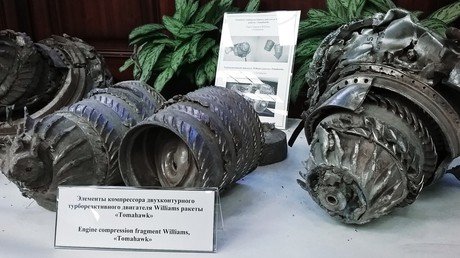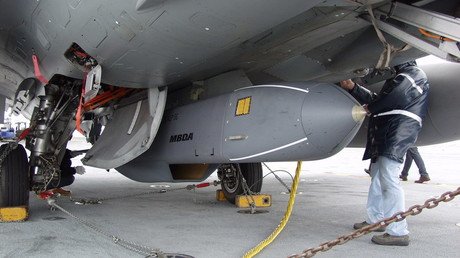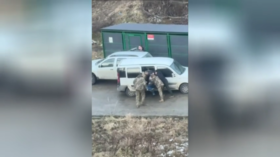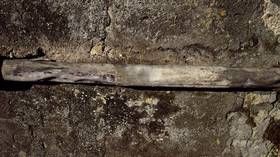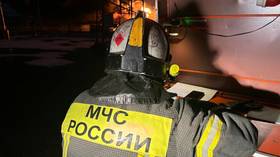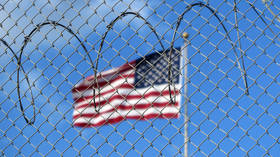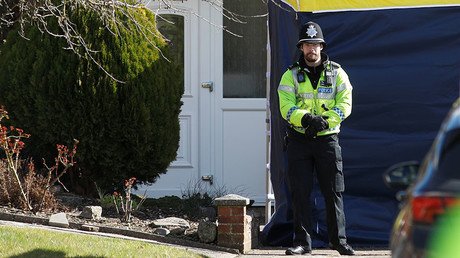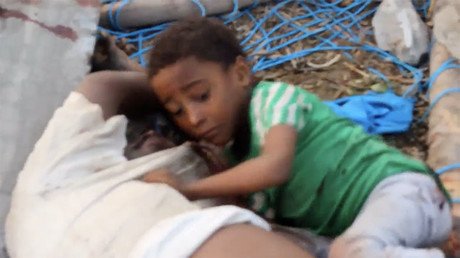‘Syrian strike was risk without benefit for US, as Russia got American weapon samples’
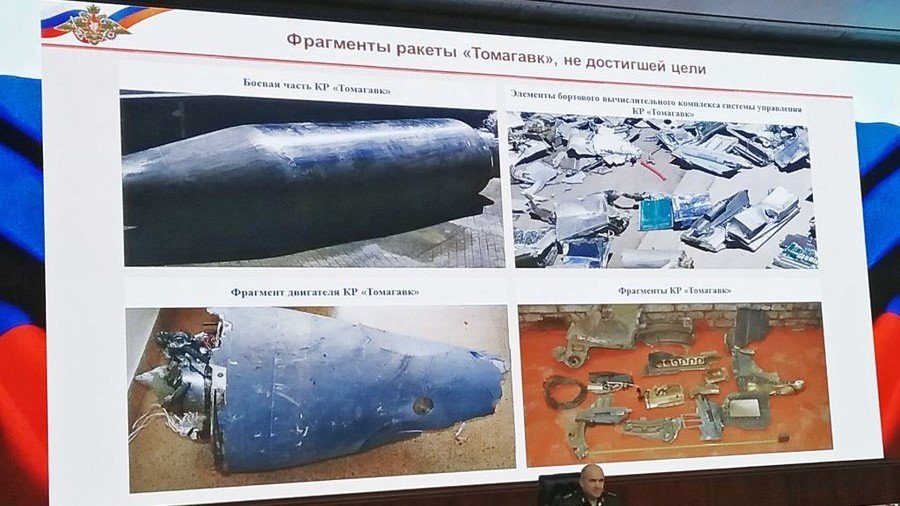
By striking Syria, the US and its allies basically sacrificed their advanced arms to Russia without receiving any actual benefit on the ground, Charles Shoebridge, a security analyst and former UK army officer, told RT.
The Russian Defense Ministry’s display of fragments of missiles, which were fired at Syrian targets by the Western allies on April 14, would be “a source of great concern to the American, British and French side,” Shoebridge said.
On Wednesday, Moscow also announced that it was in possession of two almost intact Western projectiles from Syria, including a Tomahawk cruise missile and another unnamed one. The Russian military said it plans to study both in order to further improve the Russian air defense capabilities.
Shoebridge described the US-led attack as “a great risk for not much tangible benefit on the ground, given that these were civilian or largely empty targets” that were hit, while “the Russians have gained some technical knowledge of the weapon systems that actually were sacrificed by those three powers.”
The Russian Defense Ministry also showed missile fragments, saying they represent evidence disproving claims by US President Donald Trump and various US military officials, who boasted that all of the 105 missiles fired on Syria reached their targets. Russia previously said that there were only 25 successful hits during the attack, while the rest of the missiles were either downed by Syrian air defenses or they malfunctioned.
Shoebridge pointed out that American claims of 100 percent accuracy of the bombardment were likely unrealistic. “With such a large number of weapons being fired and anti-aircraft fire being directed at them, you would expect, at the very least, a small proportion of them not to get through,” he said.
The analyst stopped short of backing either version of the events, saying that, “some figure in between… is perhaps where the truth might lie.”
“Even from a successful strike you will find some fragments from the weapons used, but usually not in the kind of sizes that we’re talking about here,” Shoebridge said. “But certainly the existence of fragments like this could point to the fact that some missiles malfunctioned, were shot down or simply landed in the wrong place.”
When asked about the possible US reaction to Wednesday’s revelations, he said that “it will be handled publically, probably, the way it’s usually handled, which is either be ignored or the think tanks and so-called experts will be tasked to ridicule these Russian reports.”
Pentagon spokesman Eric Pahon has already called the statements by Russia’s Defense Ministry "absurd,” saying that they were “another example of the Russian disinformation campaign.”
The US-led missile strikes were justified by unverified reports of an alleged use of poisonous gas in the town of Douma in the Damascus suburb of eastern Ghouta on April 7 and targeted what the West called the Syrian government’s chemical weapons facilities. Syria, which destroyed all of its chemical stockpiles in 2013 and 2014 under international supervision, has denied the claims, while Moscow provided evidence that the Douma attack was actually fabricated.
According to Shoebridge, Wednesday’s statement by the Russian military that no traces of chemical weapons were discovered at the Syrian sites targeted by the coalition was “consistent with what was being reported by media outside the US, UK and France.” He recalled that “even a day after those strikes when those buildings were burning and there was a lot of smoke still around you had large crowds of reporters… on the scene not wearing protective equipment,” which would have been deadly in case of a chemical spill.
Like this story? Share it with a friend!
